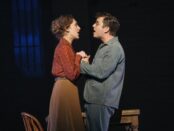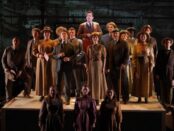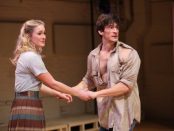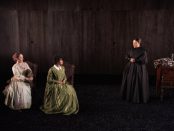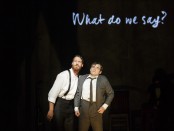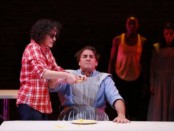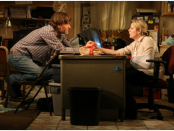Spain
Until now it has been believed that the 1937 Joris Ivens-Ernest Hemingway documentary "The Spanish Earth" was paid for by a corporation called Contemporary Historians sponsored by some of the most famous liberal writers of the time: playwright Lillian Hellman, mystery writer Dashiell Hammett, poet, screenwriter and essayist Dorothy Parker and her husband Alan Campbell, poet Archibald MacLeish, novelists John Dos Passos and Hemingway. However, in "Spain," contemporary playwright Jen Silverman has another idea: what if this famously propaganda film was financed by the KGB and that filmmaker Ivens and his girlfriend/editor Helen van Dongen were agents for KGB operatives in New York? [more]


